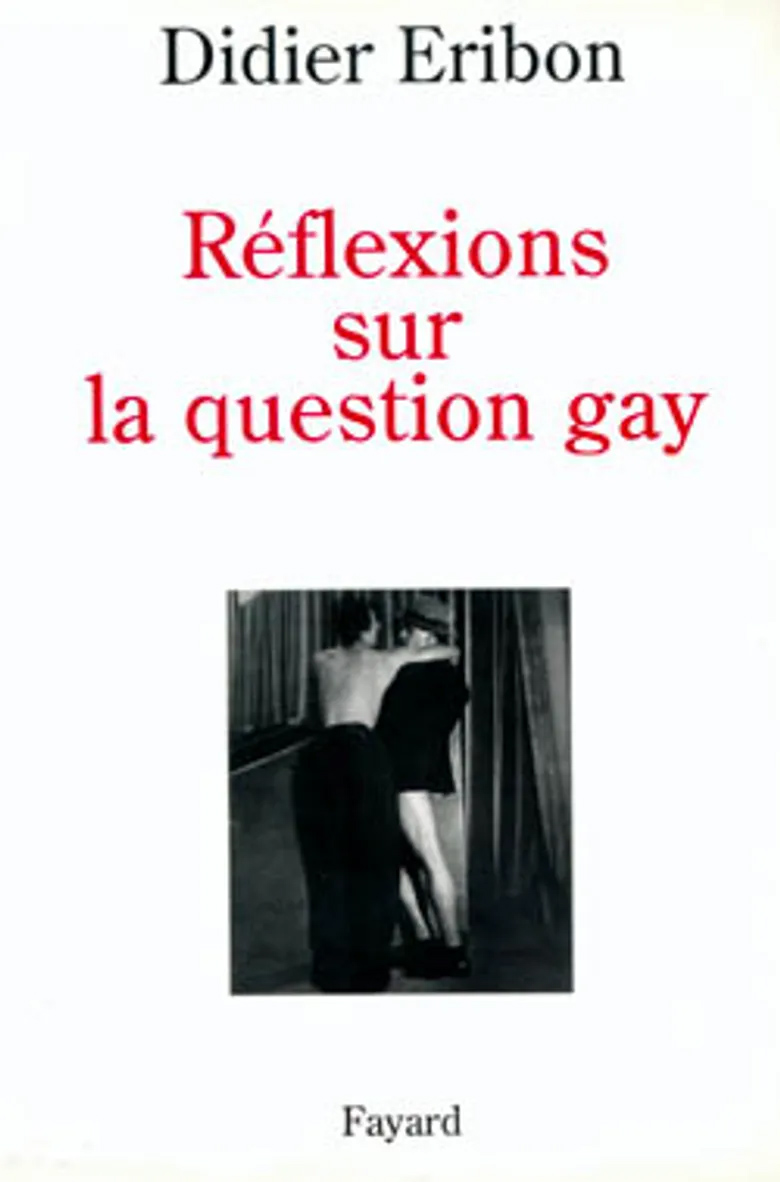
Categorii: Necatalogate, Neclasificate
Limba: Franceza
Data publicării: 1999
Editura: Fayard
Tip copertă: Paperback
Nr Pag: 526
ISBN: 9782213600987
Dimensiuni: l: 15.4cm | H: 23.6cm | 2.8cm | 770g

The emergence of homosexual affirmation on the public, cultural, and political scene has led, in recent years and on an international scale, to a proliferation of discourses on the very definition of homosexuality, and raised a whole set of theoretical, sociological, and philosophical problems: what is a homosexual today? what is an identity? what is a political mobilization?
Didier Eribon offers here a series of reflections that unfold along three axes. First, an analysis of lived experience, in which he attempts to grasp how an inferior place is assigned to homosexuals in society and how their subjectivity is marked by this. He then attempts to reconstruct some crucial stages in the constitution of modern gay identity in the 19th century, both in literature and in popular culture. He then studies how Oscar Wilde's trial temporarily put an end to the emergence of this speech, and how it subsequently fueled its resurgence (in Gide and Proust in particular). Finally, he focuses on commenting on Michel Foucault's texts on all these questions by questioning what a "gay culture" might be today.
How can gays reformulate their own personalities themselves, in an ever-renewed gesture of deviation from the norms? This is ultimately the concern around which the three parts of this book are structured.
Philosopher and historian of ideas, Didier Eribon is the author of a famous biography of Michel Foucault (Flammarion, 1989), which has been translated into seventeen languages and is a reference worldwide. He continued this work with Michel Foucault and his contemporaries (Fayard, 1994). He also published a study on Georges Dumézil (Faut-il brûle Dumézil?, Flammarion, 1992) and three books of interviews (with Georges Dumézil, Claude Lévi Strauss and Ernst Gombrich).